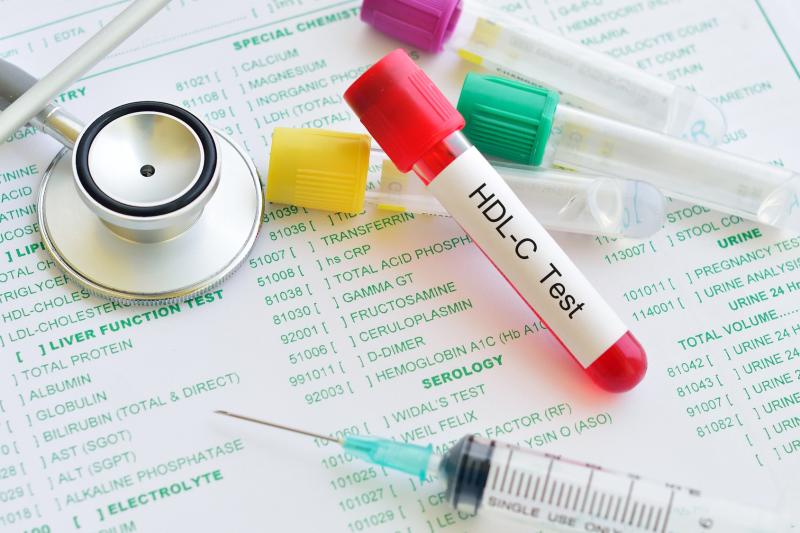
Familial hypercholesterolaemia (FH) does not lead to an elevated lipoprotein(a), suggest the results of a recent study. Rather, elevated lipoprotein(a) increases the chance that an individual with genetic FH will be clinically diagnosed.
“Lipoprotein(a) is an atherogenic low-density lipoprotein–like particle and circulating levels are largely determined by genetics,” the authors said. “Patients with FH have elevated lipoprotein(a).
In this study, the causes of elevated lipoprotein(a) were investigated in individuals with clinically recognized FH (FH cohort; n=391) and in those with genetically diagnosed FH from the general population (UK Biobank; n=37,486).
Lipoprotein(a) levels were significantly greater among patients in the FH cohort than in either the general population or non-FH dyslipidaemic patients. This was driven by increased frequency of the rs10455872-G LPA risk allele (15.1 percent vs 8.8 percent; p<0.05), but lipoprotein(a) within the FH cohort did not differ based on the presence or absence of an FH-causing variant (mean, 1.43 vs 1.42 log mg/dl; p=0.97).
In addition, no statistical difference was seen in lipoprotein(a) levels between individuals with and without an FH-causing variant in the UK Biobank cohort, which represents a population sample not biased to cardiovascular ascertainment.
The authors also carried out a phenome-wide association study between LPA genotypes and 19,202 phenotypes to demonstrate that “elevated lipoprotein(a) is associated with increased low-density lipoprotein cholesterol, a family history of cardiovascular disease, premature coronary artery disease, and a diagnosis of FH.”